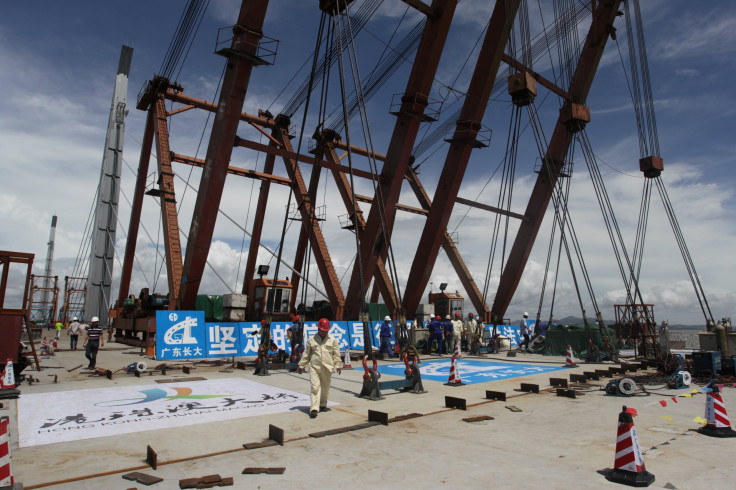Construction Trends 2017: Hong Kong Is Asia's Most Expensive City For Construction, Says A Survey

Hong Kong, which is already one of the most expensive Asian cities to live in, has now also become the costliest city to get anything built, according to a survey released Monday.
The survey by global design and architecture consultancy Arcadis found that severe shortage of labor and declining productivity was the major reason behind the rise in construction costs. According to the city's Kong's Construction Industry Council website, the number of registered construction workers in Hong Kong were 427,609 as of January 2017. About 40 percent of these registered workers are older than 50 years.
Shortage of labor in Hong Kong has been there for long, but there are no immediate solutions for it. While releasing the International Construction Costs Index, Francis Au, Arcadis’ country head for Hong Kong and Macau, said, "The major reason is shortage of labor in Hong Kong. ... Solutions based on migrant labor aren’t acceptable to the local population at this stage. To stabilize the rising building costs, the government and the construction industry will have to look into investing in initiatives and solutions that can increase industrial productivity.”
After Hong Kong, Macau is Asia's second-most expensive city for building as there's high demand for several casinos that are under construction, entertainment resorts, residential housing units and land reclamation works. Meanwhile, lack of space and limited available labor to meet the demand shoots up construction costs, Macau Daily Times reported in December 2015.
Slower economic growth in China may have cut construction costs by 2 to 3 percentage points, according to the Arcadis survey.
The survey also noted that India's New Delhi-Mumbai Industrial Corridor, at $90 billion, is the world's second-most expensive public works project. The Hudson Yards project in New York at $20 billion is the sixth most expensive public work project and the Crossrail in London ranks eighth.
© Copyright IBTimes 2024. All rights reserved.






















